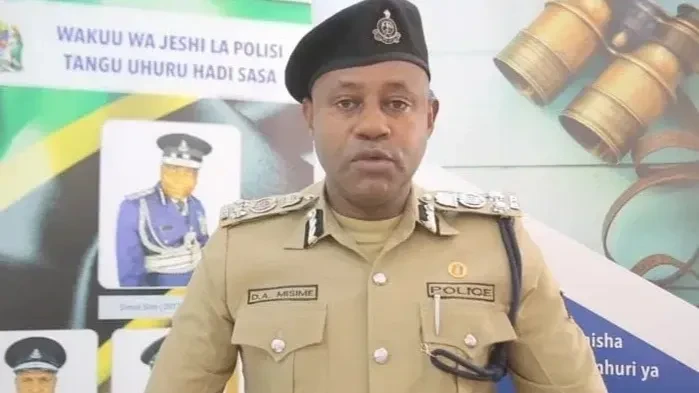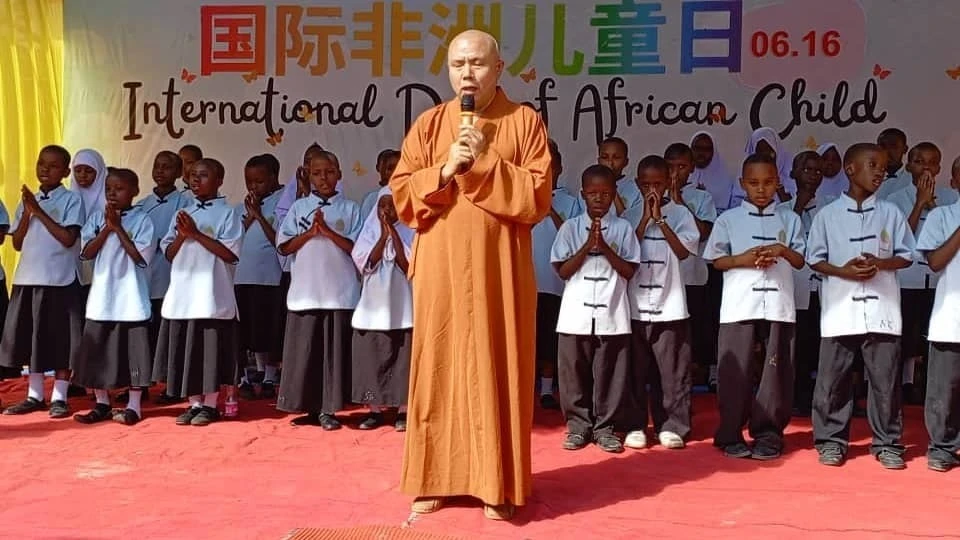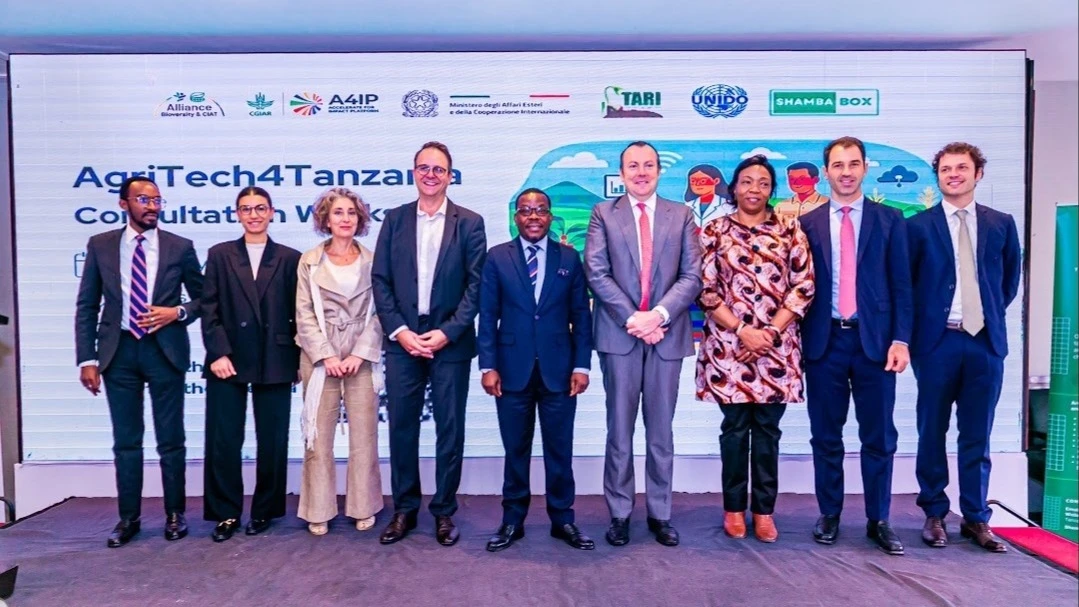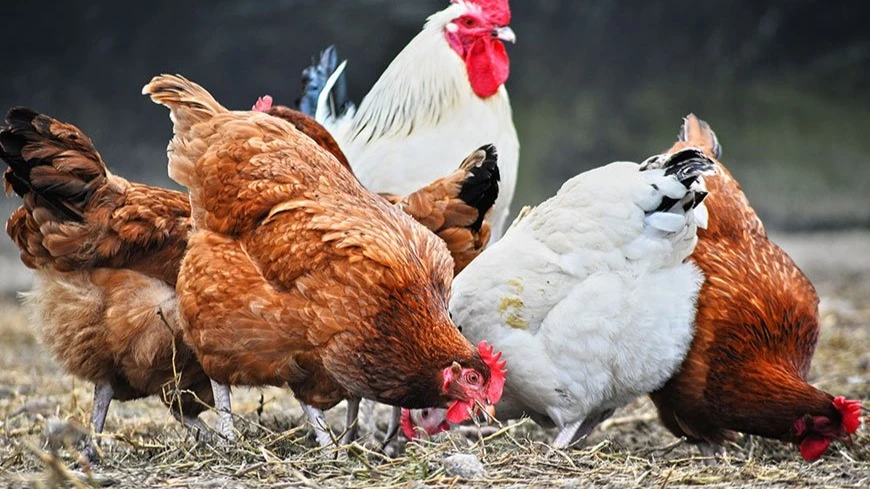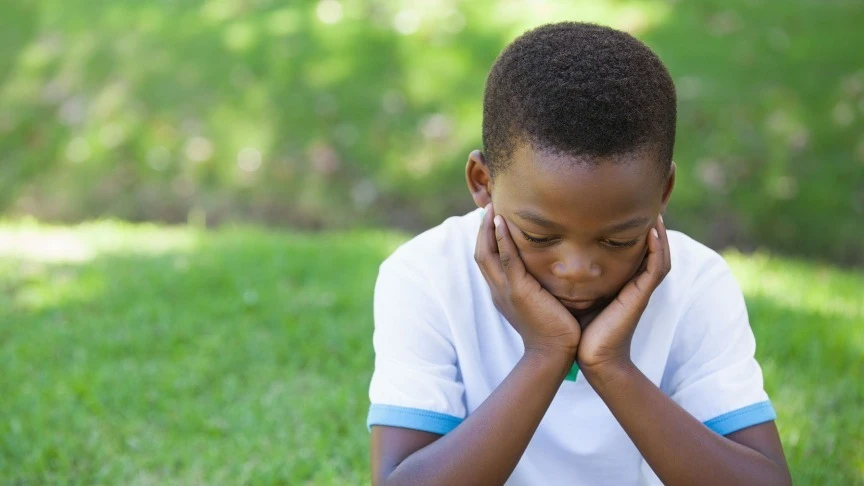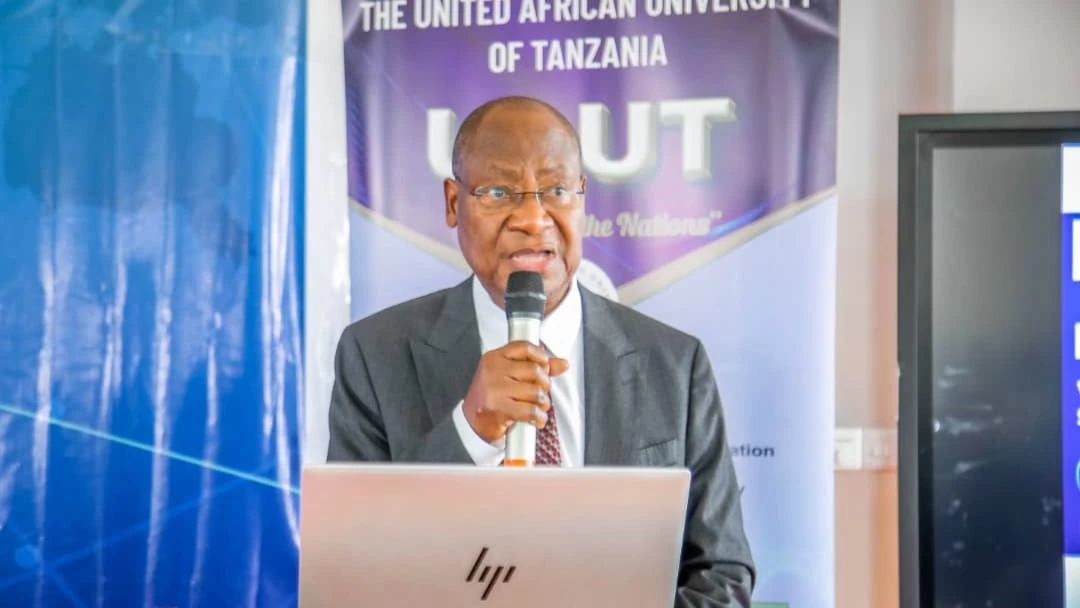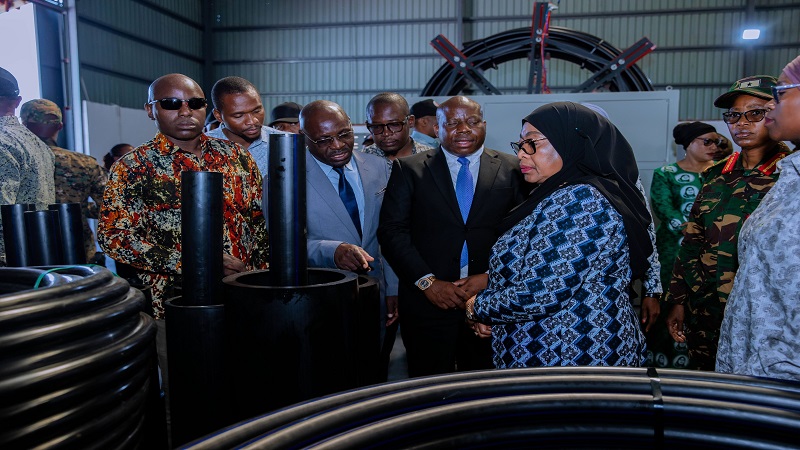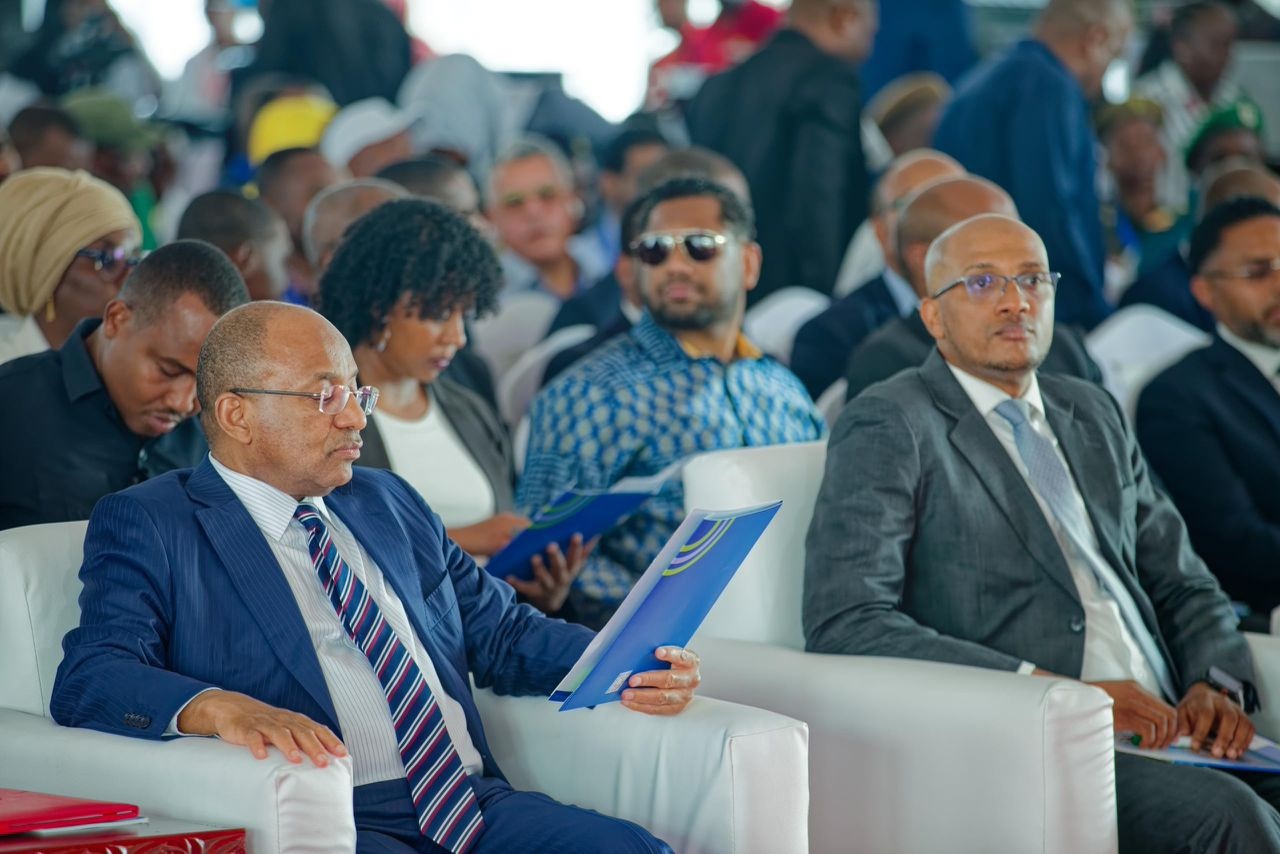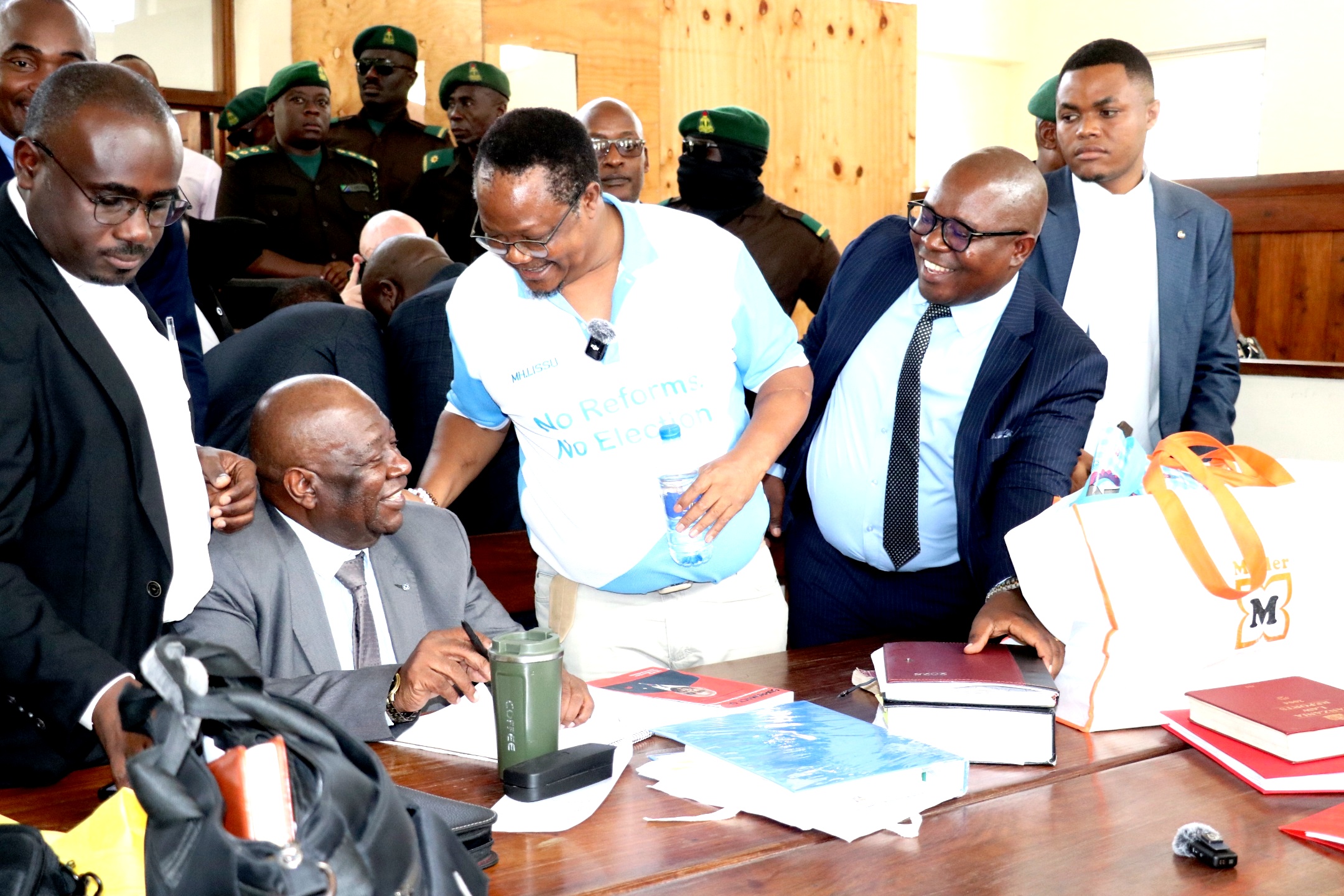Inclusive education vital for children with autism, experts
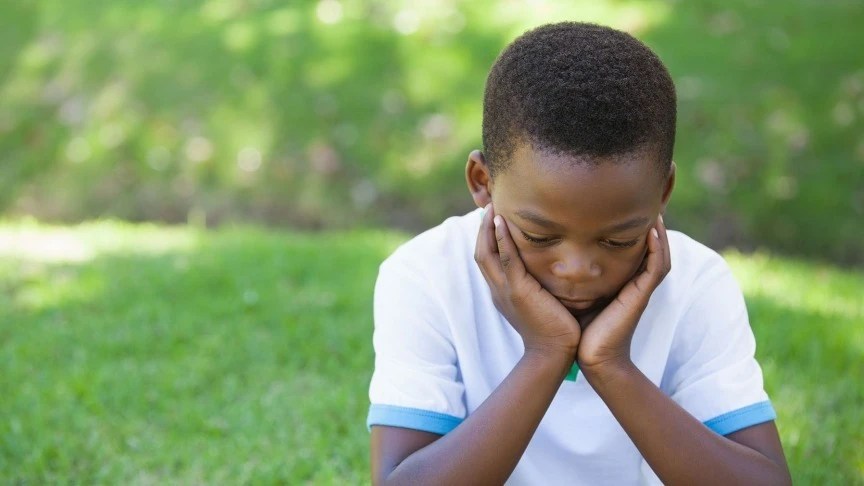
CHILDREN with autism and other neurodevelopmental disorders continue to face marginalisation due to a lack of inclusive policies and awareness, experts have warned — underscoring the urgent need for inclusive education across African communities.
Speaking on behalf of several non-governmental organisations (NGOs) that partnered with the Moshi Municipal Council to mark the Day of the African Child on Monday, occupational therapist Brenda Shuma emphasised that many children with brain-related disabilities are hidden away by their families, primarily due to stigma and limited understanding of their conditions.
Shuma, who also serves as executive director of the Gabriella Children Rehabilitation Centre (GCRC), noted that autism typically begins to show signs by the age of three and often affects a child's ability to communicate and interact effectively.
“Children with autism and attention deficit hyperactivity disorder (ADHD) may struggle socially and academically, but with appropriate support and training, they can lead fulfilling and productive lives,” she said.
Shuma stressed the need to equip such children with practical life skills to enhance their independence and competitiveness in society. “Art, crafts, cooking, gardening, and livestock keeping are examples of skills that can help them contribute meaningfully to their communities,” she added.
The GCRC has been working with various groups of children with disabilities, offering them entrepreneurship and vocational training, and encouraging parents to bring forward children who are often kept hidden at home due to stigma.
As part of this year’s African Child Day commemorations, GCRC conducted a week-long series of activities aimed at raising community awareness on autism, Down syndrome, and other neurodevelopmental conditions. Activities included awareness sessions for parents, caregivers, and educators, as well as practical training and a sports bonanza for children with special needs.
“Our special training programmes target caregivers and special needs teachers, equipping them with the knowledge and tools needed to support children with autism and other brain disorders,” said Shuma.
She also reiterated that many parents are unaware that these conditions can be managed through therapy and rehabilitation. “This is why awareness is key — to ensure no child is left behind due to a lack of understanding.”
Echoing her sentiments, Lukanga Ndalima, chairperson of Moshi NGOs Network, warned that cases of children’s rights violations are on the rise in Moshi municipality.
“Children’s rights abuses are increasing, and there is an urgent need for collaboration between the government, NGOs, and community leaders to address the issue,” Ndalima said.
The Day of the African Child, commemorated annually on June 16, marks the anniversary of the 1976 Soweto Uprising in South Africa, where more than 200,000 students marched to protest the poor quality of their education and demand instruction in their native language.
Hundreds were killed in the protest, which became a pivotal moment in the fight for children’s rights and quality education across Africa. The day now serves as a global call to action to address the barriers African children face in accessing inclusive, equitable, and quality education.
Top Headlines
© 2025 IPPMEDIA.COM. ALL RIGHTS RESERVED











